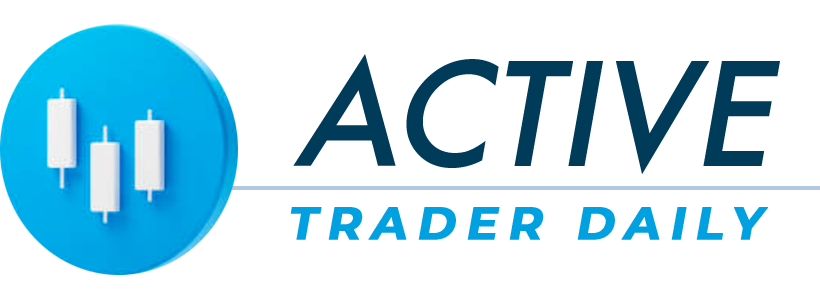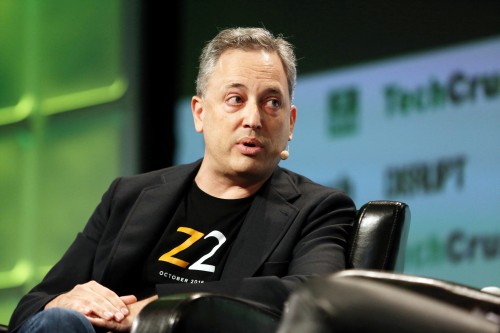By Hannah Lang and Michelle Price
WASHINGTON (Reuters) -U.S. President-elect Donald Trump’s crypto policy is taking shape with the announcement of a White House crypto czar and a new securities watchdog, but questions remain over who will drive policy and whether too many cooks could slow down changes.
Trump on Thursday appeared to make good on his campaign pledge to be a “crypto president,” announcing he would make former top PayPal executive and crypto evangelist David Sacks “White House A.I. & Crypto Czar.” A day earlier, Trump said he would nominate pro-crypto Washington attorney Paul Atkins to head the Securities and Exchange Commission.
While crypto executives cheered the news, saying the pair would end the Biden administration’s crypto crackdown and promote innovation, some Washington analysts said the creation of a crypto czar, a new role, sowed ambiguity over who would drive crypto policy and flagged the potential for policy clashes.
“One big question is whether the policy will be driven by Sacks himself. A czar appointed by Trump is going to want to see changes fairly quickly, but the SEC has processes and you can’t just snap your fingers at the SEC and have new rules,” Ian Katz, managing director of Capital Alpha Partners, said in an email to Reuters. “Personalities will be important,” he added.
A Silicon Valley venture capitalist and friend of Trump billionaire backer Elon Musk, Sacks was an early bitcoin investor. In a 2017 CNBC interview, he said cryptocurrencies were revolutionizing the internet, but he acknowledged there were also scammers in the sector. He does not appear to have any experience writing or leading policy, according to a Reuters review of his background.
Atkins, meanwhile, is a former SEC official and respected veteran of Washington policy circles who has said he supports crypto innovation as way to boost financial services competition, and has helped crypto companies in their dealings with regulators via his consultancy Patomak Global Partners.
“Atkins is kind of a known quantity,” said Lene Powell, senior legal analyst at financial consultancy Wolters Kluwer. Sacks is from “a different sphere.”
Both have called for regulators to be more accommodating of crypto companies, but neither appear to have taken a position on whether and under what circumstances crypto tokens should be considered securities, commodities or utilities – a core issue that will ultimately decide how the industry is regulated.
“I think we’ll see more constructive regulation. Obviously, that includes some clarification around what is (a) security or not,” said Chen Arad, co-founder of Solidus Labs, a crypto compliance company.
Atkins and Sacks did not immediately respond to requests for comment.
Bitcoin, the world’s largest cryptocurrency, surged past the $100,000 milestone for the first time after Trump announced Atkins as his pick to lead the SEC, buoyed by hopes that the new administration would usher in softer crypto policies.
Under President Joe Biden, the SEC has sued dozens of crypto companies, alleging they broke securities laws, while bank regulators discouraged lenders from dabbling in crypto and Congress failed to pass legislation that would help promote mainstream crypto adoption.
The crypto industry is pushing for an ambitious raft of policies that would promote adoption of digital assets, including the creation of a crypto regulatory framework which would address when tokens can be classified as securities or commodities.
Trump said in a Thursday post on his Truth Social platform that Sacks would “guide” crypto policy and “work on a legal framework so the Crypto industry has … clarity,” leaving it unclear whether Sacks would lead the incoming administration’s crypto policy.
It was also unclear whether Sacks will lead Trump’s crypto advisory council, which is also expected to play a key role in shaping crypto policy. Reuters previously reported the crypto czar was expected to lead that body and coordinate policy among the various regulatory agencies.
That coordination will be crucial, since a crypto legal framework would need extensive input from the SEC and the Commodity Futures Trading Commission, whose new chair has yet to be announced, and may also require congressional approval, said lawyers.
Regulations on less contentious non-crypto issues such as proprietary bank trading and capital have been snarled up for years by inter-agency squabbles, they noted.
“It definitely would be a lot of cooks,” Powell said.
In an email on Friday, a Trump transition spokesperson reiterated the President-elect’s Thursday announcement in which he said Sacks would guide crypto policy, and did not answer Reuters questions seeking more details on how the role would work.
Some consumer protection advocates have expressed concern that the Trump administration’s crypto agenda might create gaps that would leave investors at risk, a fear the industry has largely dismissed.
“I don’t think there will be under-regulation,” said Anthony Scaramucci, the founder of asset manager SkyBridge, who briefly served in Trump’s first administration. “I don’t think it will create fraud, but I think it will help the United States maintain what it should be, which is our mantle of financial services leadership.”
(Reporting by Hannah Lang and Michelle Price; Additional reporting by Pritam Biswas, Lawrence Delevingne, Douglas Gillison, Chris Prentice, Carolina Mandl, Arsheeya Singh Bajwa and Jaiveer Shekhawat; editing by Jonathan Oatis)













